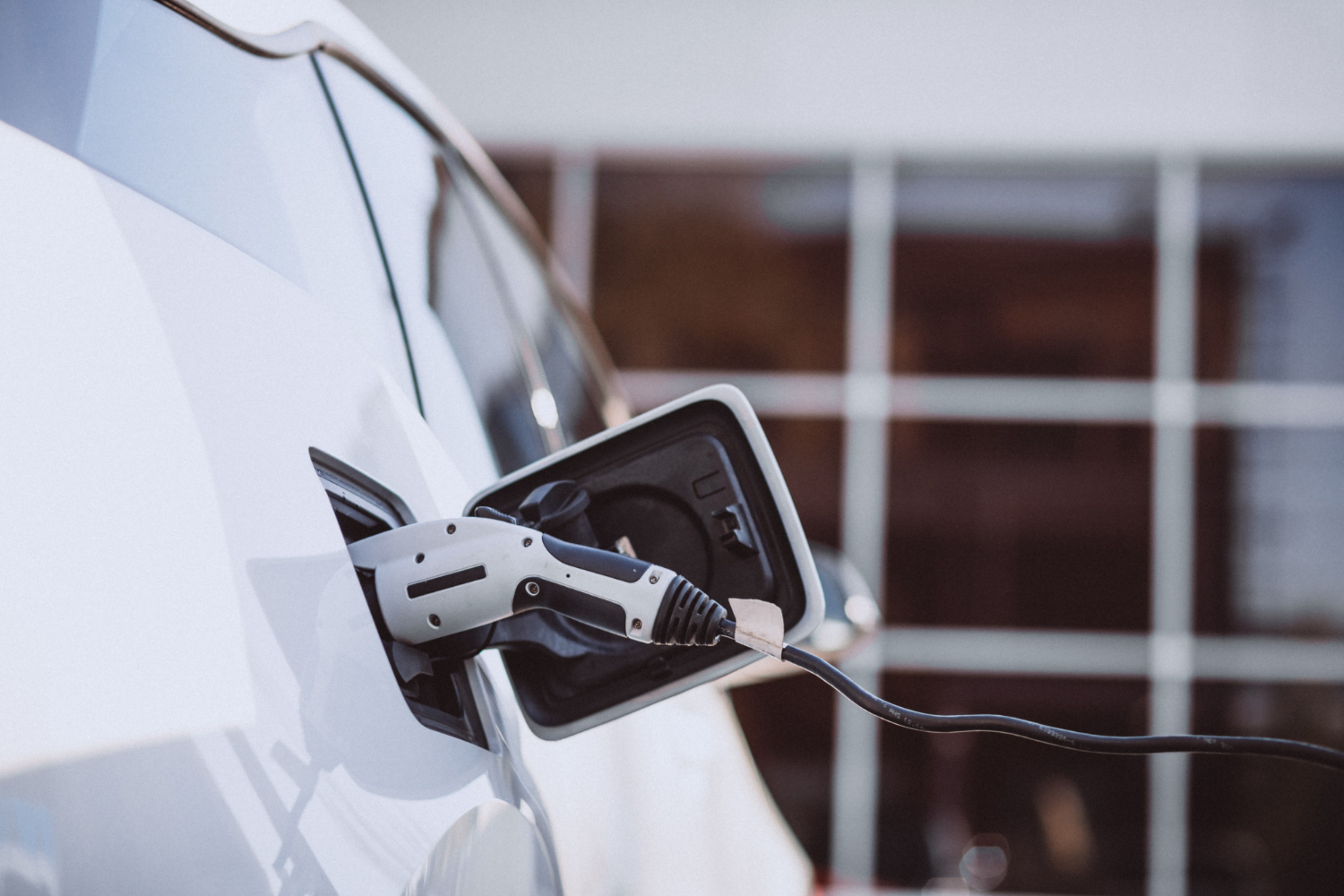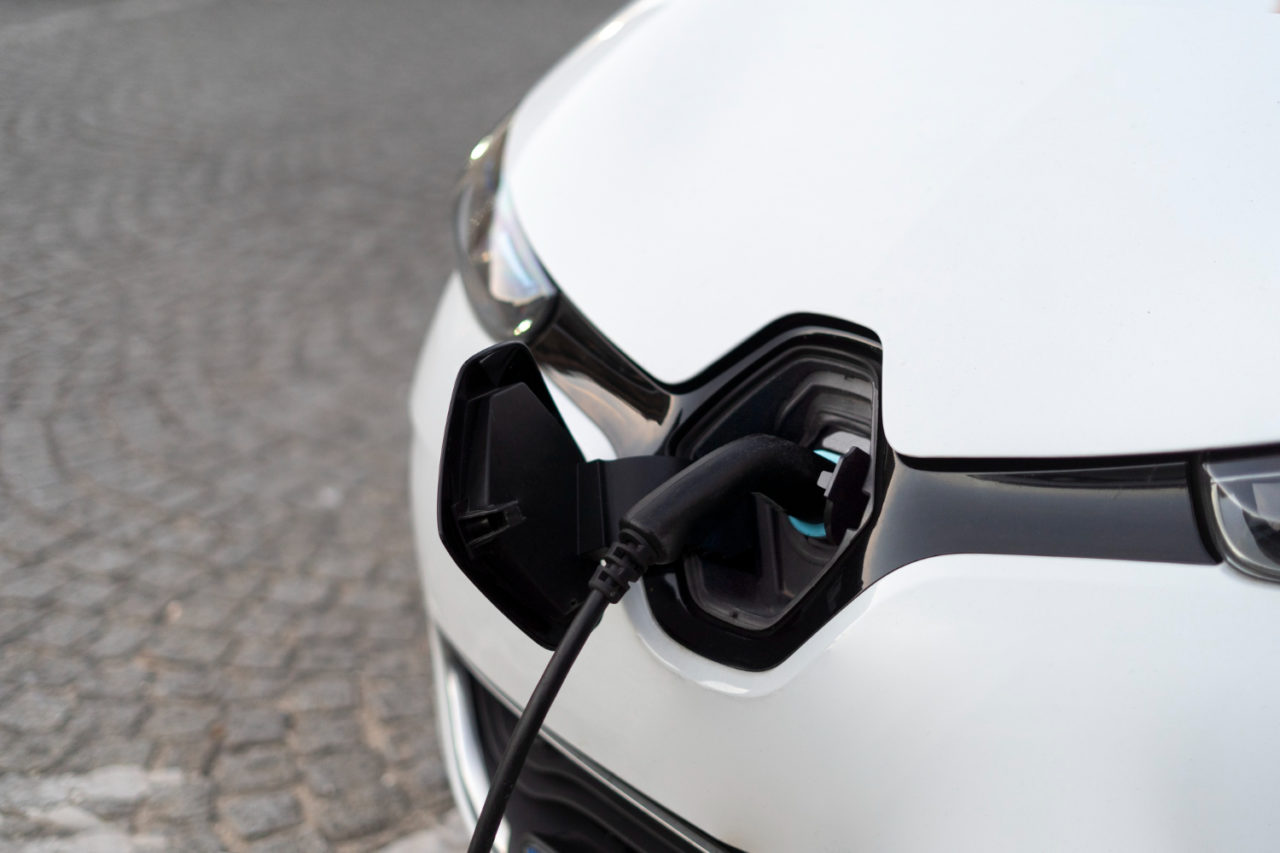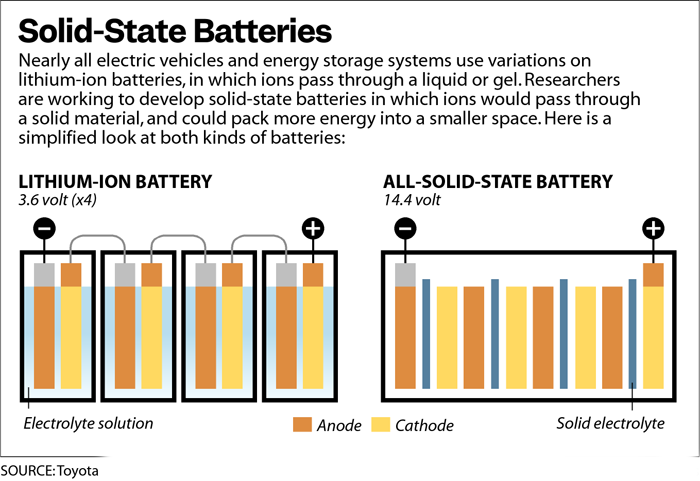
Solid state batteries have the potential to reduce the carbon footprint of EV batteries, compared to traditional batteries.
Some of the key advantages of solid-state batteries over traditional batteries include:

Increased Energy Density – Solid-state batteries have a much higher energy density than traditional batteries, meaning they store more energy per unit volume. Because of this, they are perfect for large-scale energy storage applications in cramped spaces.
Enhanced Safety — Since there is no liquid electrolyte involved, these batteries are also far safer than conventional batteries. Because there is no chance of a fire or explosion, they are far safer to handle and operate.
Enhanced Efficiency — Since solid-state batteries don’t utilize a liquid electrolyte, they are also more efficient than conventional batteries. This increases their overall efficiency by reducing the amount of energy lost during charging and discharging.

Extended Lifespan – Since solid-state batteries don’t require regular replacement of liquid electrolyte, they last longer than conventional batteries. This makes them more economical over time because you may use them for a lot longer cycles before they need to be replaced.
Reduced Environmental Impact – Compared to conventional batteries, solid-state batteries also have a smaller environmental impact. Overall, they are more environmentally friendly because they are less prone to leak and harm the environment. However, they also face ecological difficulties, such as the scarcity of certain of the raw resources needed to make them.
What are Solid State Batteries
Solid electrolytes, a carbon-free anode, and a cathode composite layer are the components of solid state batteries (SSBs). Instead of migrating into the dissolved ionic salt in the solution, the ions migrate into the ionically conductive solid matrix during charge or discharge.

Solid-state batteries store and distribute energy via redox reactions. The cathode undergoes reduction and the anode endures oxidation, allowing the battery to store and release energy as necessar.
But compared to liquid batteries, solid-state batteries also cost more to make and have shorter lifespans. Solid-state batteries are an innovative new technology that has the potential to completely change how we power our gadgets, despite these difficulties.

Discover here 3 things you need to know about electric mobility
Future of Electric Vehicles
Electric vehicles (EVs) offer an opportunity to replace fossil fuels in the transport sector. The transportation sector can profit from electrification in other ways, such as enhanced energy efficiency and less local pollution.
The demand for batteries that power electric vehicles has increased in tandem with the push for these vehicles. At the moment, lithium-ion batteries are the most widely utilized battery type in electric vehicles. However, because of their improved charge/discharge speeds and energy density, solid-state batteries could eventually replace them.

Our goal at Universal Kraft is to provide renewable energy solutions that could help civilization become less carbon-dependent. We offer multiple solutions on solar energy, green hydrogen, wind, energy storage and waste-to-energy technologies. Discover our full offer here.




